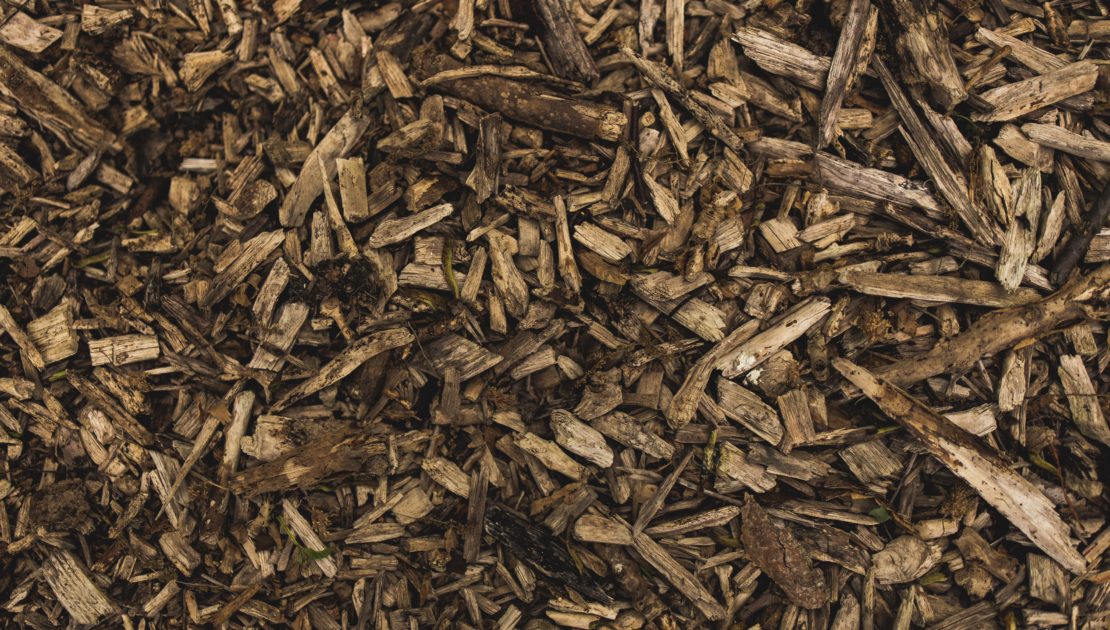[mc4wp_form id=”2320″]
Landscaping Basics: All You Need to Know About Mulch
-
May 12, 2021
- Posted by: Admin

Maintaining your garden along with the living parts of your backyard and front lawn can often seem like a full-time job. If you want all of your grass, flowers, trees, and other plants to remain as healthy as possible, you need to be very knowledgeable about the best ways to keep them fed and watered.
Aside from a regular watering schedule and occasionally trimming, it’s crucial to maintain the healthy soil that your plants are growing in. One of the critical contributors to good soil quality is your choice of mulch.
Why mulching is important for your garden
Mulch is any material, organic or inorganic, that covers the surface of the soil. Mulching is a great way to deter weed growth and prevent soil erosion. The mulch layer retains moisture, so it prevents the soil from drying out too quickly.
Laying out a layer of mulch also keeps the soil warm through cold nights and keeps it cool through hot weather. Besides the properties mentioned above, there are so many benefits to mulching. If you aren’t already doing it in your garden, you should start today!
Organic vs. inorganic mulch
You can choose between organic and inorganic mulch. As your plants’ caretaker, it’s up to you to choose the most efficient and cost-effective mulch type to use. The type of mulch and the amount you need will vary depending on what your goals are for your garden.
Organic mulch decomposes naturally to deliver nutrients and moisture to the soil, improving the soil structure. The different types of mulch have additional purposes. Listed below are five inorganic fertilizers to choose from:
- Leaves: Fallen leaves are the most common, naturally occurring mulch. You don’t need to do much work to spread them on soil, and most importantly, they’re completely free! While fallen leaves aren’t the best look for a garden if you’re having guests over, they will blend in quickly if you spread them evenly in the spring and fall. Whole leaves tend to clump together, so keep an eye on a bunch of them repelling water from the soil during rainy weather.
- Grass clipping: When you mow your lawn and backyard, you can just leave the clippings to decompose naturally on the soil. They add to the soil’s fertility and can suppress weed growth.
- Straw: If you are mulching a vegetable garden, straw and salt hay are the perfect choice. They can last throughout the growing season each year, and they help prevent soil-borne diseases.
- Bark: If you want long-lasting mulch for your trees and shrubs, scraps of bark can protect soil and retain moisture.
- Shredded newspaper: Most widely available newspapers now use organic dyes, so they are perfect for mulching. Moisten a few layers of newspaper and lay them around the plants. If you cover them with another inch of organic mulch, they will last the entire growing season.
Synthetic or inorganic mulch also holds moisture and prevents weed growth. Although they don’t require any replacing, they come at the cost of not adding nutrients to the soil. Listed below are two inorganic fertilizers to choose from:
- Landscape fabric: Cut holes in a layer of landscape fabric and lay them around foundation plans, trees, and shrubs. This ensures that water can still pass easily from the soil to the plants’ roots.
- Gravel: If you have a rain garden, stone and gravel will work as inorganic mulches.
Conclusion
Mulch helps soil retain moisture and delivers extra nutrients to help maintain plant health. Remember that your choice of mulch depends on your preferred aesthetic and the types of plants you’re growing. Professional landscapers will be more than happy to make sure that your plants grow well and that you have all the information you need to help you.
Classic Landscapes is a landscaping company based in Winnipeg. We have been serving the surrounding area for over ten years, and our high standards for quality have set us apart from the competition. We specialize in landscape design and construction, and we ensure satisfying, long-term results. Contact our experts today!
